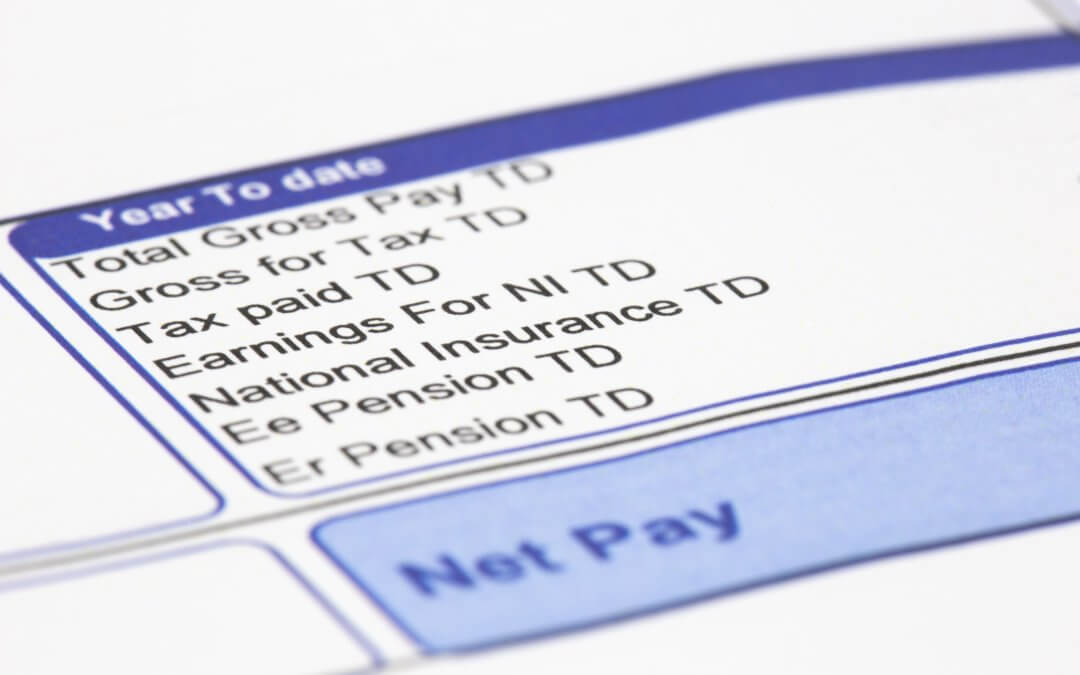The Prime Minister has confirmed to raise national insurance contributions by 1.25% to help fund the NHS and an overhaul of social care, but what could this mean for business owners?
National insurance for sole traders and partnerships business owners
If you’re a sole trader or in a partnership, you’re classed as self-employed. This means that usually, you’ll pay 2 types of national insurance – Class 2 and Class 4.
Class 2 is where you pay £3.05 a week if your profits are £6,515 (at the time of writing this article) and Class 4 is where you pay 9% on profits between £9,569 and £50,270 and 2% on profits over £50,270.
With the Prime Minister raising the national insurance contributions by 1.25% this means that a sole trader or partnership business that makes a £50,000 profit could end up paying £615 more!
For more information on self-employed national insurance, click here to head to the government’s website.
National insurance for limited company business owners
As a limited company business owner, you’re considered an employee of the company. This means that you only pay national Insurance on your salaries received from the company, not on profits like a sole trader or a partnership.
Generally speaking, there are 2 areas that a limited company that could be affected by an increase in national Insurance. The first is when directors pay themselves:
The majority of directors of limited companies pay themselves a small monthly salary that’s up to the secondary national insurance threshold and pay the rest in dividends, which exempts them from paying national insurance contributions, meaning that this increase shouldn’t affect you if you’re a limited company director.
The second area that could be affected is if a limited company employs someone who is not a director.
If your employee’s monthly salary is over the secondary national insurance threshold, you will currently contribute 13.8% due to Class 1A NIC, which could potentially increase to over 15%, however, this has neither yet been confirmed nor denied at the time or writing this blog post.
For more information about Limited company national insurance, click here to head to the government’s website.
As with anything related to tax, we strongly recommend that you seek professional advice from your accountant. If you need an accountant, we can support this. Click here to contact our customer support team and they’ll be more than happy to help
It’s worth noting that the rise in national Insurance will also mean that if you have employees, their national insurance payments will increase, leaving them with less of their paycheck so it might be worth warning them of the potential increase and how much more they might have to pay.
Investors are also going to be hit by the rise in taxes. Whilst all investors can still earn up to £2,000 in dividends before they have to pay tax, anything more than that, they currently have to pay a dividend tax rate of 7.5%, and this is set to 8.75% in 2022-23.
The Prime Minister has made the announcement today (07.09.2021) and more details around the increase are to follow from the HMRC.
What can you do?
If your company is a sole trader or a partnership, it might be prudent to assess if your business will be more tax-efficient as a limited company. We can help you with forming a limited company every step of the way, take the first step by checking to see if your company name is available to register here.

